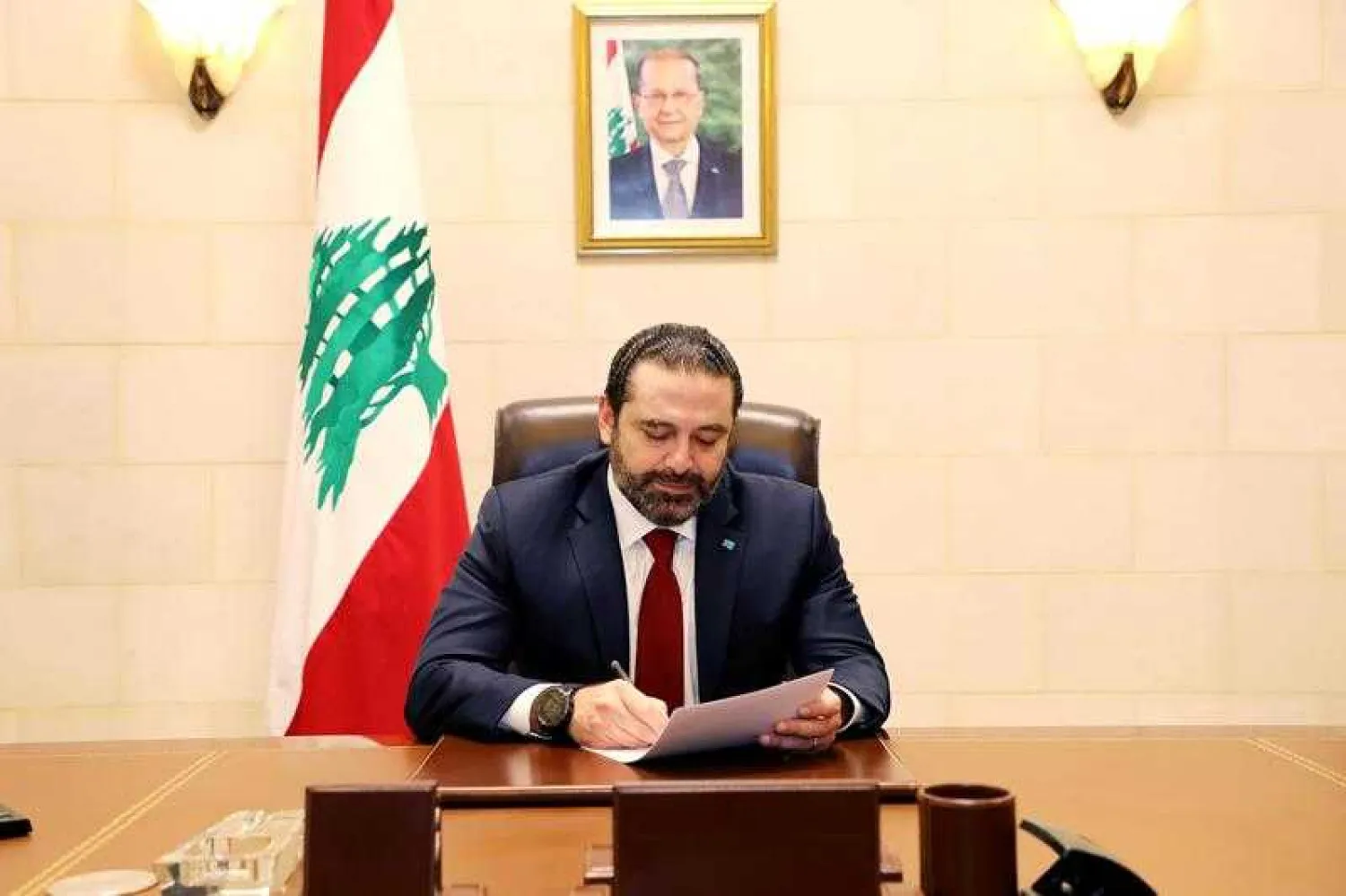Head of Lebanon's Progressive Socialist Party Walid Jumblatt decided on Tuesday to quit posting political tweets on his account and instead use traditional communication means to relay political messages.
His decision came following a heated political dispute between the PSP and Prime Minister Saad Hariri on Twitter.
In a tweet posted on Tuesday, Jumblatt said: “Social media today might have its advantages, but its disadvantages are bigger.”
Therefore, Jumblatt said he decided to resort to traditional communication methods which allow for more evaluation and thinking, away from tension.
“From now on, I will only share general stances and some pictures,” he said.
A war of words emerged last week on Twitter between PSP supporters and both Hariri and his Mustaqbal Movement.
The Druze leader had not personally intervened in the counter-accusations, instead calling on his supporters “not to fall in the trap of disputes and public reactions.”
Unlike Jumblatt, Hariri took part in the dispute after posting three tweets, including one on Sunday that said: “Your problem, our brothers in the Progressive Socialist Party, is that you do not know what you want,” followed by a laughing face emoji.
The PM and head of the Mustaqbal Movement has 1.53 million followers on Twitter, while Jumblatt has 798,000.
In remarks to Asharq Al-Awsat on Tuesday, PSP's senior media officer Rami Rayess refused to blame social media networks for positions and comments published by some political parties.
“Each party should express its stances in ways it considers suitable,” he said.
Dr. Mona Fayad, professor at the Lebanese University’s Psychology Department, said social media is not benefiting Lebanese political leaders, who resort to Twitter or other means when they are angry, and therefore, make statements and then quickly deny them.
“If politicians in Lebanon are seeking to imitate US President Donald Trump, they should be aware that Trump’s tweets are not benefiting him either,” Fayad told Asharq Al-Awsat.









